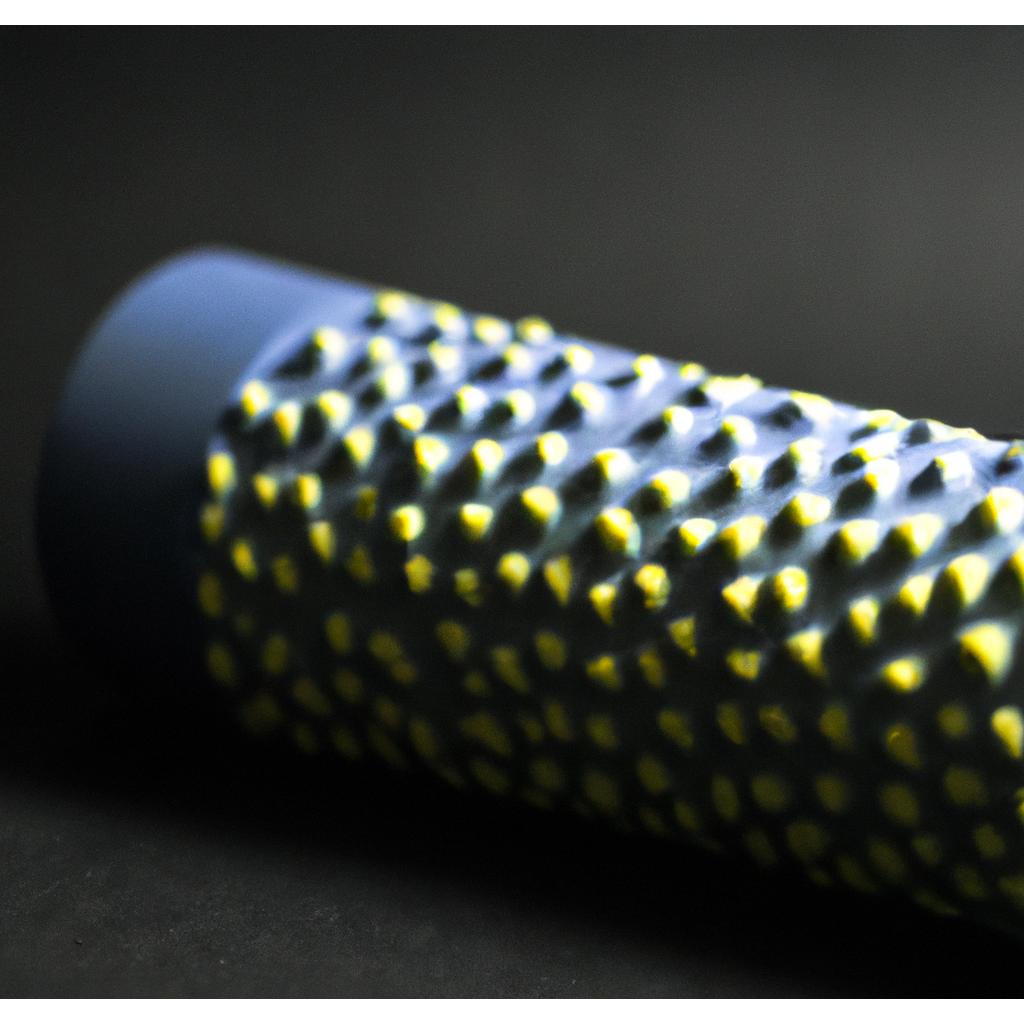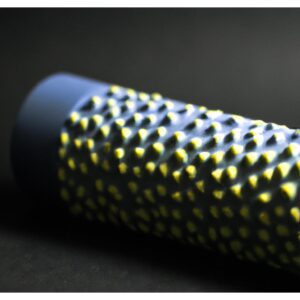**”The Timing of Nutrient Absorption: Understanding How Meal Composition Affects Performance and Recovery During Workouts”**
# The Timing of Nutrient Absorption: Understanding How Meal Composition Affects Performance and Recovery During Workouts
In the world of fitness and health, the age-old adage “you are what you eat” holds more truth than most realize, especially when it comes to nutrient timing. The composition and timing of meals can significantly influence workout performance and recovery. Understanding how different nutrients are absorbed and utilized by the body can empower individuals to optimize their workouts and enhance recovery. This blog post delves into the intricacies of nutrient absorption, offering practical tips for meal composition, exercise advice, and the health benefits of strategic eating.
## The Science Behind Nutrient Absorption
### How the Body Processes Nutrients
Nutrient absorption involves breaking down food into its constituent parts—carbohydrates, proteins, and fats—before the body can utilize them. This process begins in the digestive tract and varies based on the type of nutrient consumed. For example, carbohydrates are typically absorbed quickly, while proteins and fats take longer to digest. This difference in absorption rates has significant implications for when and what one should eat before and after workouts.
### The Role of Timing
Timing is crucial when it comes to nutrient absorption. Consuming the right nutrients at the appropriate times can enhance performance during exercise and improve recovery afterwards. The body is most receptive to nutrient intake shortly before and after workouts, making these windows critical for fueling and repairing muscles.
## Meal Composition and Its Effect on Performance
### Carbohydrates: Fuel for Energy
Carbohydrates are the body’s primary energy source, especially during high-intensity workouts. Eating complex carbohydrates, such as whole grains, fruits, and vegetables, a few hours before exercise can provide sustained energy. On the other hand, simple carbohydrates, like those found in sports drinks or gels, can be consumed immediately before a workout for a quick energy boost.
### Proteins: Building Blocks of Recovery
Protein plays a vital role in muscle repair and growth post-workout. Consuming a protein-rich meal or snack within 30 minutes to 2 hours after exercising can enhance recovery by helping to rebuild muscle fibers that have been damaged during physical activity. Sources of high-quality protein include lean meats, dairy, legumes, and plant-based protein powders.
### Fats: The Long-Term Energy Source
While fats are a slower-burning energy source, they are essential for overall health and should not be neglected. Including healthy fats, such as avocados, nuts, and olive oil, in meals can help with sustained energy levels, particularly during longer workout sessions. However, consuming high-fat meals immediately before workouts is not advisable, as they can slow digestion.
## Nutrition Tips for Optimal Performance
1. **Pre-Workout Nutrition**: Aim for a balanced meal containing complex carbohydrates and protein about 2-3 hours before exercising. If you’re short on time, a snack rich in simple carbohydrates and some protein 30-60 minutes prior can suffice.
2. **Post-Workout Recovery**: Consume a combination of protein and carbohydrates within 30 minutes after your workout. A good ratio is a 3:1 carb-to-protein ratio, such as a smoothie made with fruit and protein powder.
3. **Hydration Matters**: Don’t overlook the importance of hydration. Drinking water throughout the day and replenishing lost fluids during and after workouts is crucial for optimal performance and recovery.
## Exercise Advice for Enhanced Results
1. **Listen to Your Body**: Pay attention to how different foods affect your energy levels and performance. Everyone’s body reacts differently to various meal compositions, so tailoring your nutrition to your individual needs is vital.
2. **Plan Your Meals**: Prepare meals and snacks ahead of time to ensure you have the right nutrients available when you need them, especially on busy days.
3. **Incorporate Variety**: Regularly change your meal composition to include a wide range of nutrients. This will help prevent dietary boredom and ensure you receive all the necessary vitamins and minerals.
## Health Benefits of Proper Nutrient Timing
1. **Improved Performance**: Consuming the right nutrients at the right times can lead to enhanced athletic performance, allowing for longer and more intense workouts.
2. **Faster Recovery**: Proper post-workout nutrition aids in reducing muscle soreness and fatigue, allowing for quicker recovery and preparation for subsequent workouts.
3. **Weight Management**: By strategically timing meals and snacks, individuals can better manage their weight, as nutrient timing can help regulate appetite and metabolism.
In conclusion, understanding the timing and composition of nutrient absorption is essential for anyone looking to optimize their workout performance and recovery. By strategically planning meals rich in carbohydrates, proteins, and healthy fats, and by timing these meals around exercise, individuals can maximize their energy levels, enhance recovery, and reap numerous health benefits. Implementing these nutritional strategies can ultimately lead to greater fitness success and overall well-being.















Post Comment